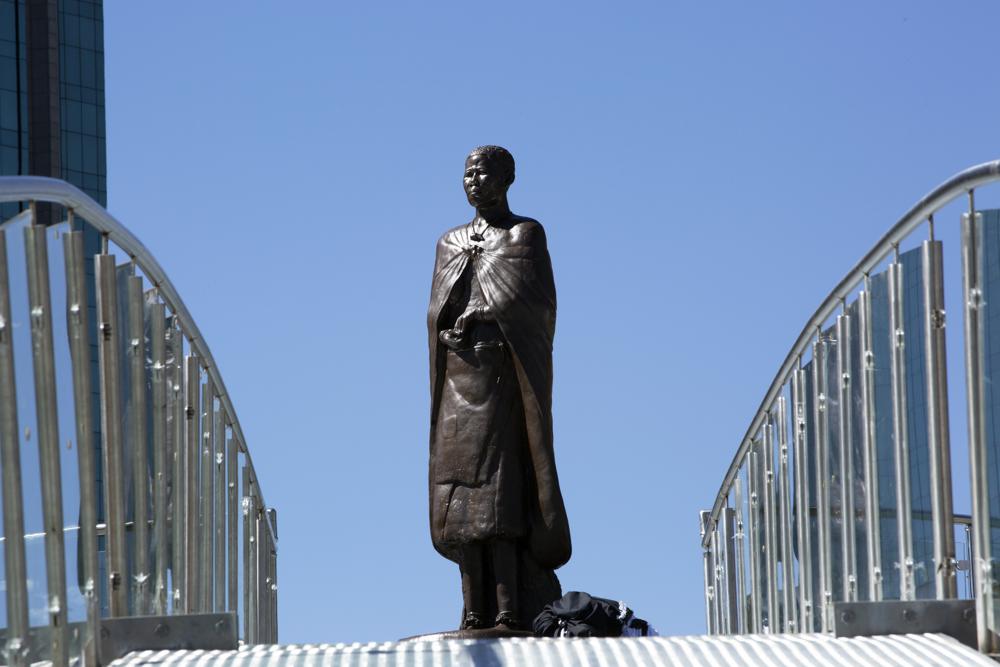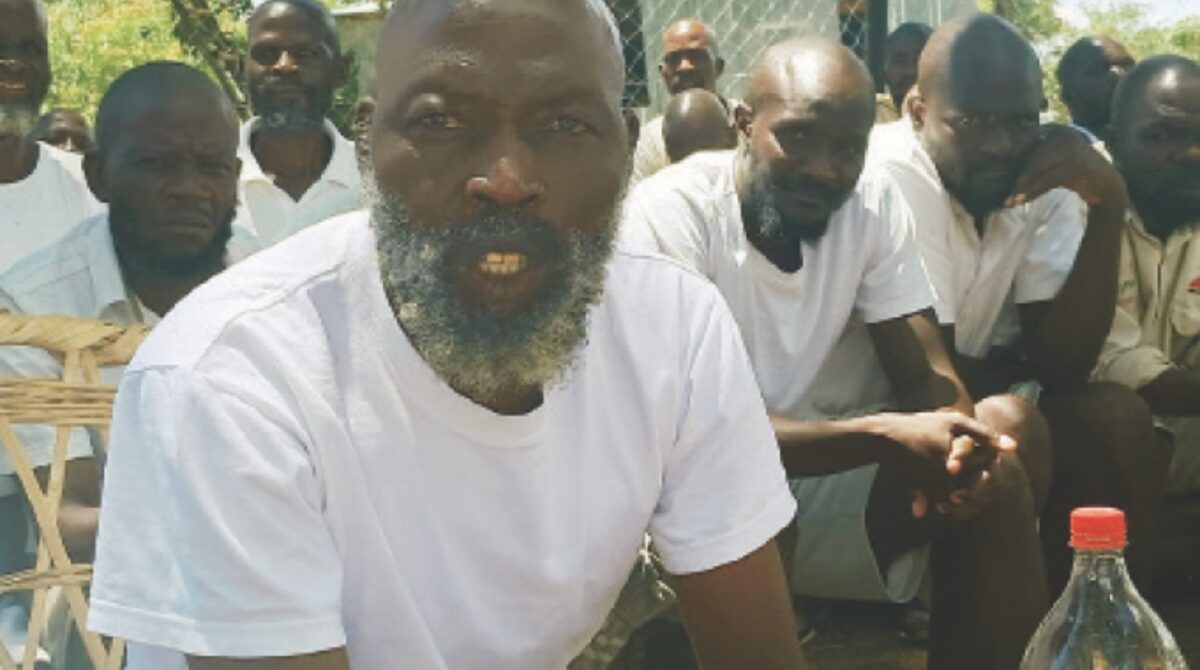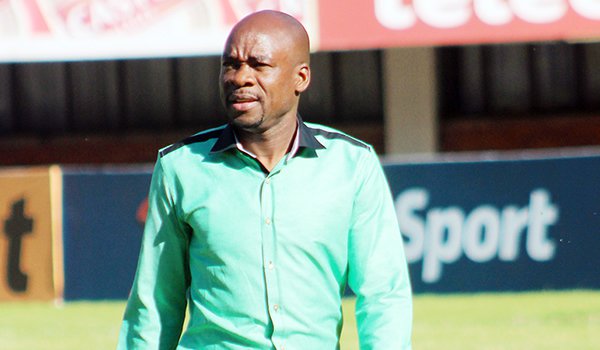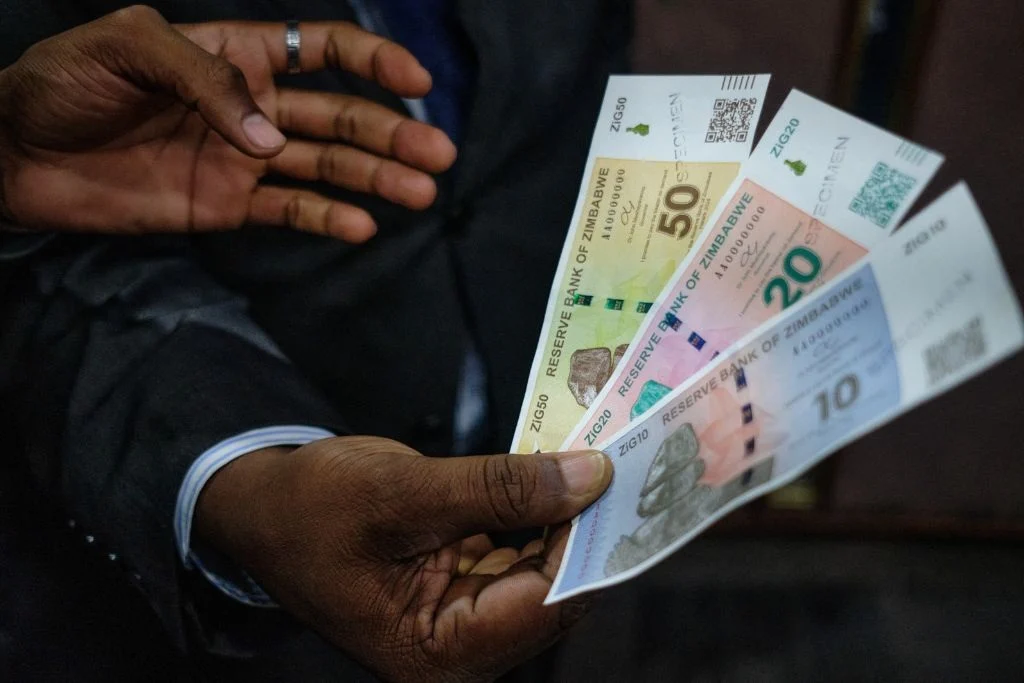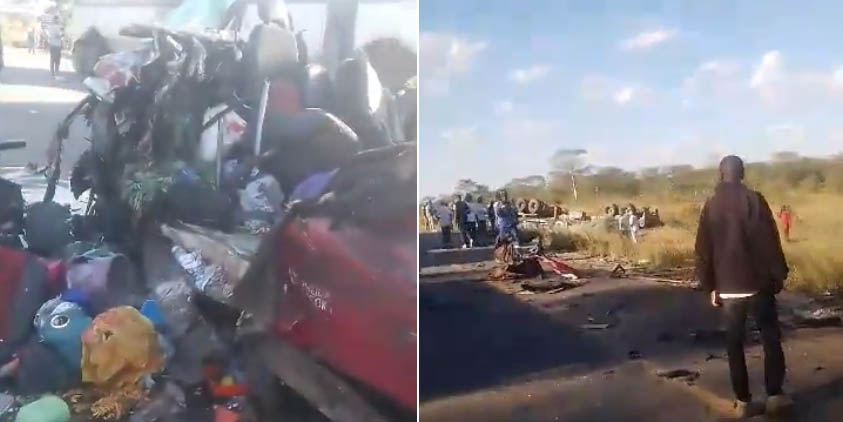LONDON, United Kingdom – The Natural History Museum in London and the University of Cambridge have said they are ready to cooperate with Zimbabwe on the return of human remains taken during the colonial period, the BBC reported.
The statements were made after a delegation from Zimbabwe held talks with officials of the two institutions.
The country’s representatives are looking for skulls of their heroes who fought against colonisers in the late 19th century, which they believe may be in Britain. So far, however, they have not been found.
Authorities in Zimbabwe have long suspected that remains of some of the leaders of an uprising against British rule were taken as trophies.
In checking its archives, the Natural History Museum in London found 11 remains “which appear to be from Zimbabwe”.
These include three skulls taken in 1893 believed to be from Zimbabwe’s second city, Bulawayo, as well as those found in mine shafts and archaeological digs.
The Duckworth Laboratory at the University of Cambridge was less specific, but said it had “a small number of human remains from Zimbabwe”. The statement, sent to the BBC, said none had been identified as having been part of the uprising in the late 19th century.
The Natural History Museum in London has an archive of 25,000 human remains, and the Duckworth Laboratory has 18,000, among the largest in the world. They were collected from various places, including during archaeological excavations of ancient sites, but the origin of many of them has not been established in time.
During the colonial era, parts of human bodies were removed from battlefields or exhumed from graves as trophies or for various studies.
The authorities in Zimbabwe believe that the skulls of local heroes, including the spirit medium Mbuya Nehanda, are in the archives of British museums.
The country has been independent since 1980.
